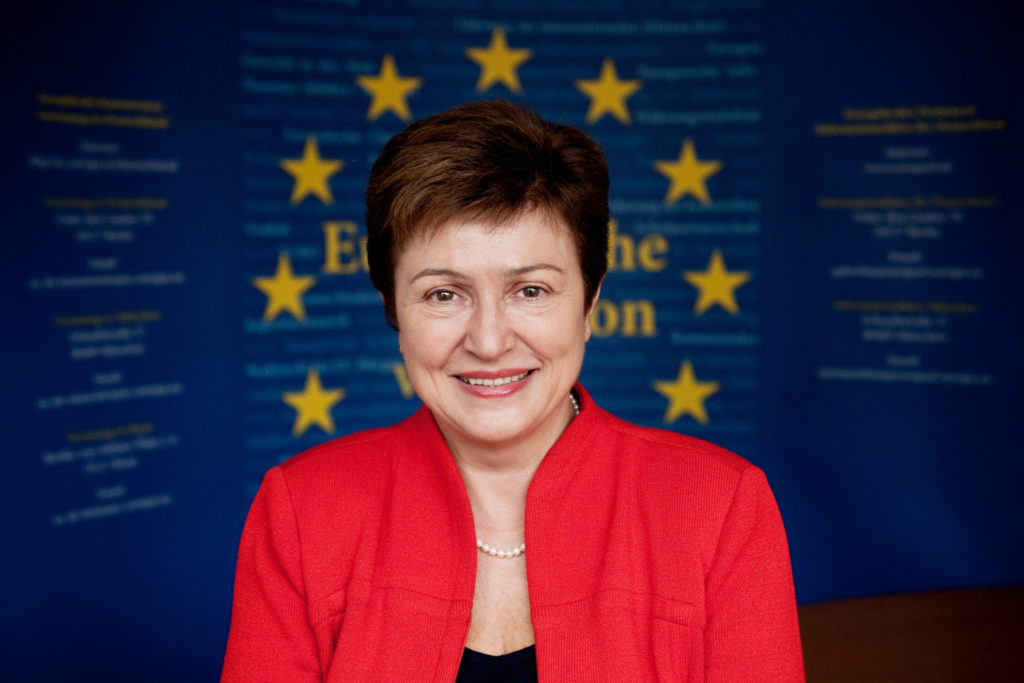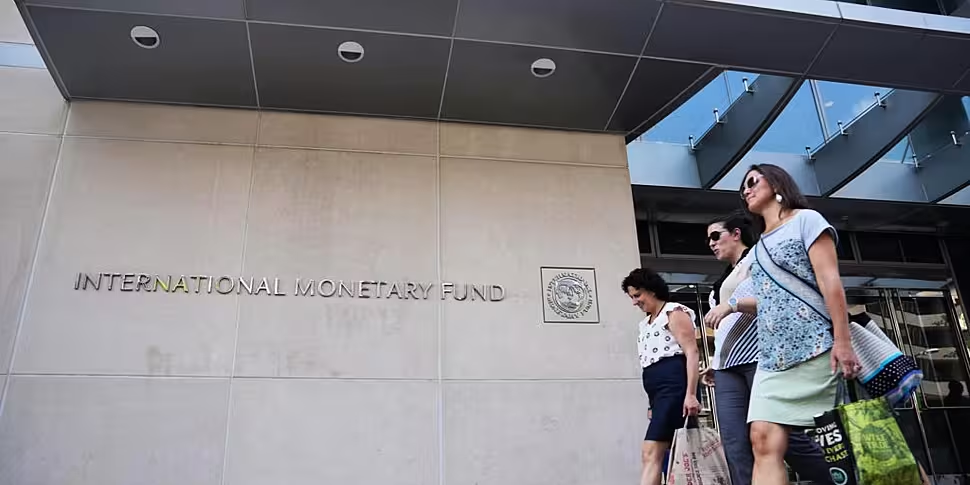The International Monetary Fund (IMF) has named Kristalina Georgieva as its new managing director.
She replaces Christine Lagarde, who is to become the next head of the European Central Bank (ECB).
Ms Georgieva, a Bulgarian national, is currently chief executive officer of the World Bank in Washington, DC.
She will become the IMF's 12th managing director and begin a five-year term on October 1st.
Speaking after her selection, Ms Georgieva said: "I am deeply honoured to have been selected as managing director of the IMF and grateful for the trust that the fund's global membership and the executive board have placed in me.
"I want to pay tribute to my predecessor, Christine Lagarde, a great leader and a dear friend, whose vision and tireless work have contributed so much to the continued success of the fund.
"The IMF is a unique institution with a great history and a world-class staff. I come as a firm believer in its mandate to help ensure the stability of the global economic and financial system through international cooperation. Indeed, in my view, the Fund's role has never been more important.
"It is a huge responsibility to be at the helm of the IMF at a time when global economic growth continues to disappoint, trade tensions persist, and debt is at historically high levels.
"As I noted in my statement to the executive board, our immediate priority is to help countries minimise the risk of crises and be ready to cope with downturns.
"Yet, we should not lose sight of our long-term objective - to support sound monetary, fiscal and structural policies to build stronger economies and improve people's lives.
"This means also dealing with issues like inequalities, climate risks and rapid technological change."
 Kristalina Georgieva pictured in Berlin, Germany in 2012 | Image: Robert Schlesinger/DPA/PA Images
Kristalina Georgieva pictured in Berlin, Germany in 2012 | Image: Robert Schlesinger/DPA/PA ImagesPreviously Ms Georgieva helped shape the agenda of the European Union starting in 2010: first as Commissioner for International Cooperation, Humanitarian Aid and Crisis Response, where she managed one of the world's largest humanitarian aid budgets.
She oversaw the EU's €161bn budget and 33,000 staff across its institutions around the world.
At the World Bank and the European Commission, she drove progress on gender balance, pushing toward a target of 40% women in management by 2019 at the European Commission, and achieving parity in senior management at the World Bank.
Before joining the European Commission, she also had a successful tenure at the World Bank, starting in 1993 as an environmentaleconomist, and eventually becoming director for environment and social development for the East Asia and Pacific region.
She holds a Ph.D in economic science and a M.A. in political economy and sociology from the University of National and World Economy, Sofia - where she was an Associate Professor between 1977 and 1991.









